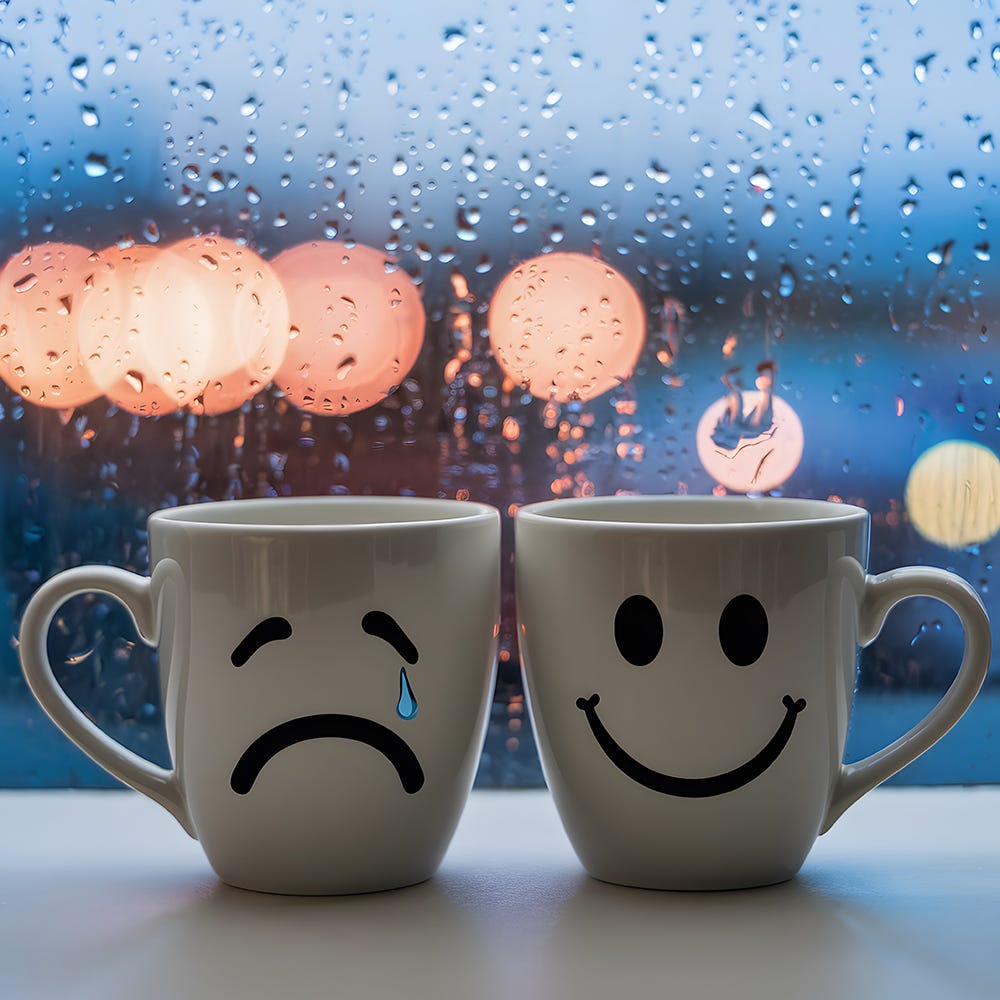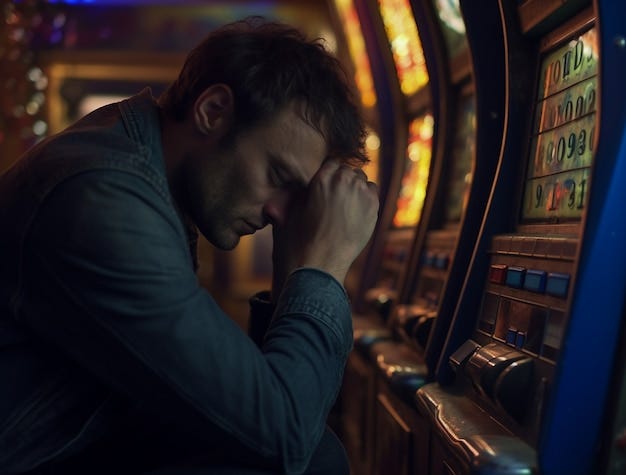From Atlanta GA
FC 206 on the adage ‘grass is greener’ was much liked, and I am happy to share some of the comments:
Shankar writes: “Bang on, yet again! Each one of your posts has a message and there are times when I compare your posts (yes, comparison here too) and ask myself which has a better message. ‘Ek se badkar ek’ are your posts. Comparison extends to almost every aspect of our life, be it increment, promotion or even when we order food at any restaurant. The food ordered by the guy at the adjacent table often appears to be more tasty than the one ordered by us. Talking of comparison reminds me of a story of the boy who cried for a new pair of shoes until he saw a boy with no feet. Our lives are too short, and we ought to be content with what we are blessed with. I often wonder why I can't write such interesting posts like you. So, comparison here too. But I am content reading them.”
Tarun Kunzru says: “Our natural tendency is to romanticise the past and dream of the future. Anything at a distance is always ‘greener’. However, most often — good from far, is far from good! Which therefore makes our ‘now’ reality a shattered dream. The wise one is the one whose only experience of life's reality is ‘now’. And that by definition is a mixed bag. There are no free lunches for anyone. Fun is negotiating the ‘now’. Social media makes it appear that everybody else's life is a party and yours is a minefield of challenges.”
Karthik Comments: “Obsessing over the greener grass may make us forget that our grass has turned yellow! One needs to be happy with what one has. Coveting something beyond one’s reach to no end is like grass that keeps growing. Even as we reluctantly mow them, they continue to grow.”
Uma Shashikant has this to say: “There is always another world in which we live happily. Sometimes it is the neighbor’s house; at other times it is a vivid picture that our imagination paints. We deny and cope with the perceived shortcomings of the present, to live in these greener pastures. So well said, Pras.”
⛅Good Day, Bad Day
I had a bad day on the 21st of July, a day after I posted FC 206. I came to know of the sad and sudden demise of my good friend Saurabh Misra (Chandu as he was known to all) who was the Vice-Chairman of ITC and, subsequently, a Business Director at The Aditya Birla Group, where we worked together on the creation of Ultra Tech Cement. He passed away on the 18th of July in Kolkata, but I came to know of it through a post on LinkedIn by another friend, Debashish. As I was in the US, I was not contactable to have got the news sooner. I am still unable to come to terms with his decision, overnight, to meet his maker. Some of you may recollect, that I had mentioned him as a voracious reader in FC 204 time-pass & pastime. RIP Chandu :(
I had another bad day in June when a very young relative of mine, a mother of two, succumbed to that dreaded disease. Both the bad days were sad. But then life is such. Some days are good or very good, and some bad or very bad. Whether it is very good or very bad is a matter of individual perception.
In both cases, if one were to think, was the day bad or was I overwhelmed by a sense of loss and the suddenness of the demise? Do feelings play a role in your characterization of a given day? Happy to have your views.
Can a day be bad even if nothing bad has happened to you or affected you? Not really, because often we feel bad about something that has happened to someone or somewhere. Our empathetic reaction or expression of our sympathy makes us feel for those affected, but it may not necessarily make your day bad.
A bad day is not the same as a day ruined by an occurrence. Imagine this. You are driving home whistling a favourite tune and looking forward to a nice evening with the family. An errant auto driver swerves right in front of you to take a turn, and you literally stand on the brake but cannot stop the car grazing the auto. The auto drivers are very adept at turning the table on you and accusing you of causing the accident. It starts with “Who gave you a licence?” then after some heated exchanges and the unsolicited intervention of other auto drivers and a cop to boot, you realise that the people’s court has dispensed instant justice ruling that the auto driver is the underdog struggling to make a living and you, the owner of a car should compensate him for the dent and that it did not matter that one of your headlamps is shattered. The cop is of no great help — he too toes the public verdict, pretending to agree that the auto driver was at fault. You cough up a thousand bucks and your happy frame of mind is now replaced by a foul mood that could completely ruin the evening. So what was seemingly a good day turned bad unexpectedly.
How can you avert a bad day? Is it your attitude to life that makes a day look bad? Maybe, but only to the extent that you allow one incident to play on your mind, obliterating all the other good things around you. You may feel doubly cheated by the traffic incident, having to pay up with the head lamp smashed. But if you made an effort to not let the event come in the way, you can still spend a nice evening with your family.
What makes a day good? A lucky happenstance? Your bent of mind? The outcome and not the effort? There are a host of factors that may make your day good, but ultimately it is your attitude that determines the goodness. If a person is never satisfied, even the best of outcomes will not make their day good. They may still wonder why it was just good, and not better. If they take a flight which is overbooked but manage to get a seat at the last minute, they feel good about it until they find themselves sandwiched between two well-built guys. They agonise over it all through the flight and manage to make it a bad day.
There are people endowed with equanimity, who take good & bad in their stride. For them, good days and bad days are two faces of the same coin. They are not over-excited by the good days and not overly concerned with bad days. For them, it is like taking each day as it comes without cataloguing them as good or bad. But then, they can be accused of not facing the reality of a situation by simply shrugging it off. Their point of view is that you should not be overly obsessed with factors that are beyond your control. If you have prepared for a job interview and torrential rains prevent you from attending it, you cannot say you were unlucky, so you had a bad day. If you did attend that interview on a normal day and ‘killed it’, as the jargon goes, you may feel good and happy with your performance.
Physical ailments can make your day bad. If you are prone to migraine, your day can be bad on days you have it. It does not mean that the days you don’t have migraine are good. If you did that, you are making being migraine-free the only standard of good days, when in fact other factors may well make your day good. The absence of suffering on one day looks good only because you are making it a yardstick to measure goodness.
We will always have so-called good days and bad days. We should stop judging, comparing, and labelling them as good or bad. It makes no sense to hold on to something good or hope that nothing will make you feel bad. It would be best to accept every day as it comes and be at peace with whatever comes along in life. I came across this quote that embodies sage wisdom:
“Never regret a day in your life. Good days give happiness, bad days give experience, worst days give lessons, and best days give memories.”
A discerning gambler wins some and loses some. He develops an attitude of indifference. Winning doesn’t make it a good day, nor does losing make it bad for him. Contrast this with an addictive gambler who is hell-bent on pursuing that jackpot. He may in the process become a debtor and put the family in dire straits. His life is hurtling down to ruination, yet he clings on to the hope of winning big someday, though that day may never come.
It is the feeling that accompanies an event that makes people decide if the day is good or bad. It makes me feel good if my readers compliment me, but that does not make my day good or bad. A doctor loses a young patient he was treating. He can feel miserable when he is at the beginning of his practice, but over time he develops a detached approach. His feelings were accentuated when he was young, but later became an occupational inevitability.
One can go on and on to give many such examples of when people feel good or bad, and what makes them feel good or bad. I am sure my readers will have something to share.
Bad jokes don’t make your day bad, but may make the day a good day for the kid in you if you don’t resist. Try!
Did you hear about the Italian chef who was sick? He pasta-way.
I sold my vacuum the other day. All it was doing was collecting dust
What do you call a psychic little person who has escaped from prison? A small medium at large.
Have you heard the rumour about butter? Never mind, I shouldn’t be spreading it.
I submitted 10 puns to a joke-writing competition to see if any of them made the finals. Sadly, no pun in ten did.
That’s it, folks. See you next week. Have a good day 🙂







I just got back from Chennai after a few days there. Just coming back to Bangalore has made me feel good. But seriously, if we didn’t have bad days now and then, how would we appreciate and enjoy life at other times?’
There are Sad and Happy incidents in life. Time makes you deal with them wonderfully. The one that tends to linger is gross injustice. The logic system kicks in and push back begins. The challenge here is to not let it overwhelm your life. It's easier to deal with, if no emotion or ego involved. The key to this is, not to worry too much if it's outside your control!